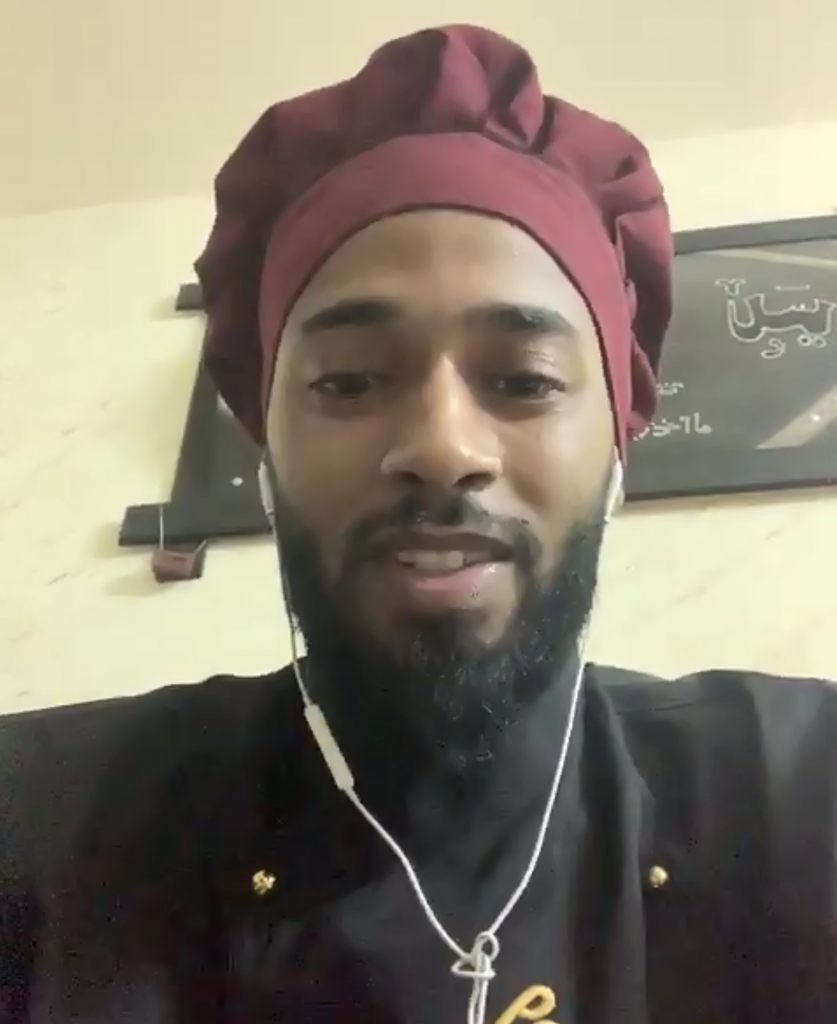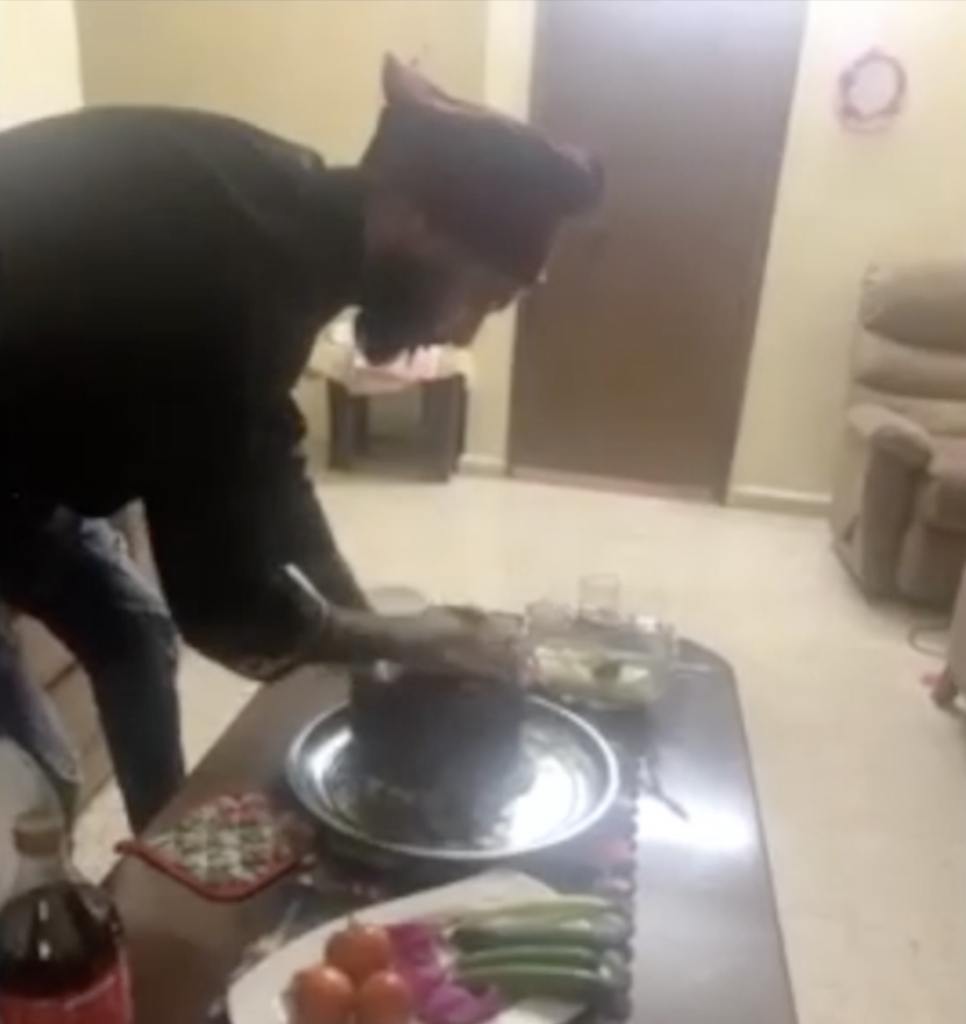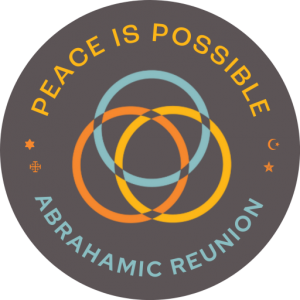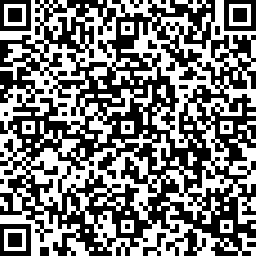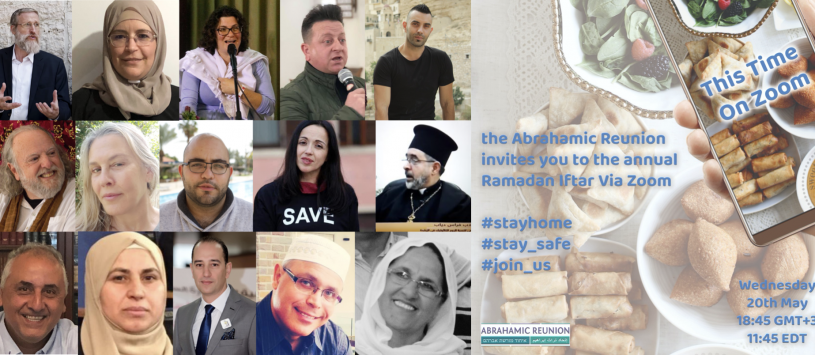
May 20th, 2020
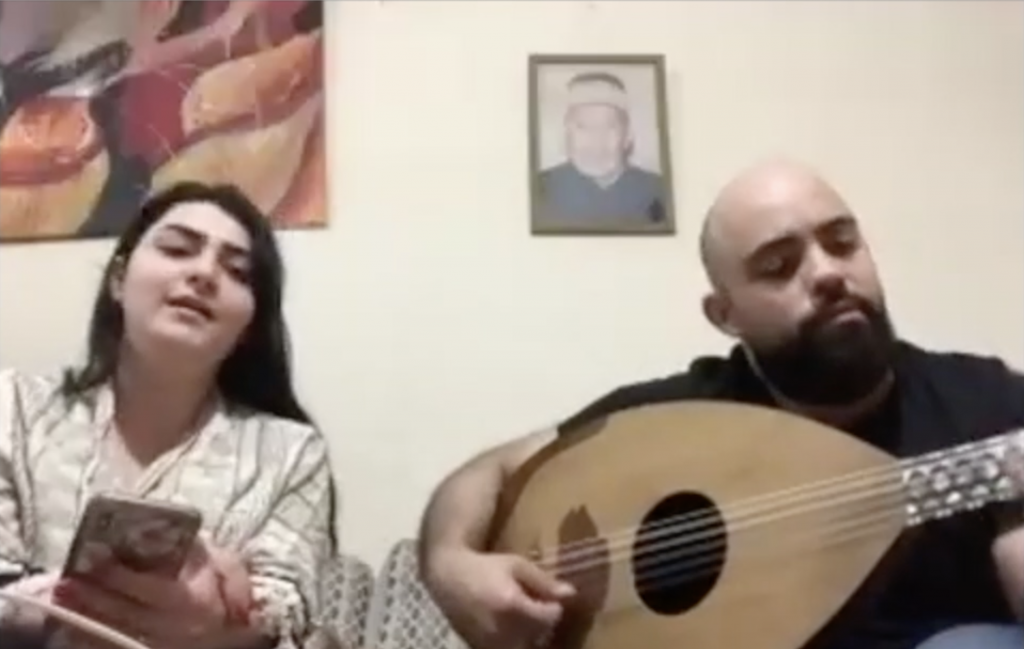
“Thank you all for joining us on Zoom this year, we actually made it in Zoom because nothing will stop us from creating the peace and the love and to do this holy work,” said Abed Manasra, AR Israel Programs Director, at the beginning of our first ever online Multifaith Iftar. He and his wife Israa opened the Iftar with music, and welcomed everyone to the event with Mohamad Jamous, AR Palestinian Programs Director.
Over 200 people from around the world joined in this celebration of human unity and the honoring of the sacredness of Ramadan for our Muslim brothers and sisters, we had 15 prayer leaders, music, live maqlubeh, and the sharing of dates to break the fast.
Here’s a link to a longer transcript of all the prayers offered.
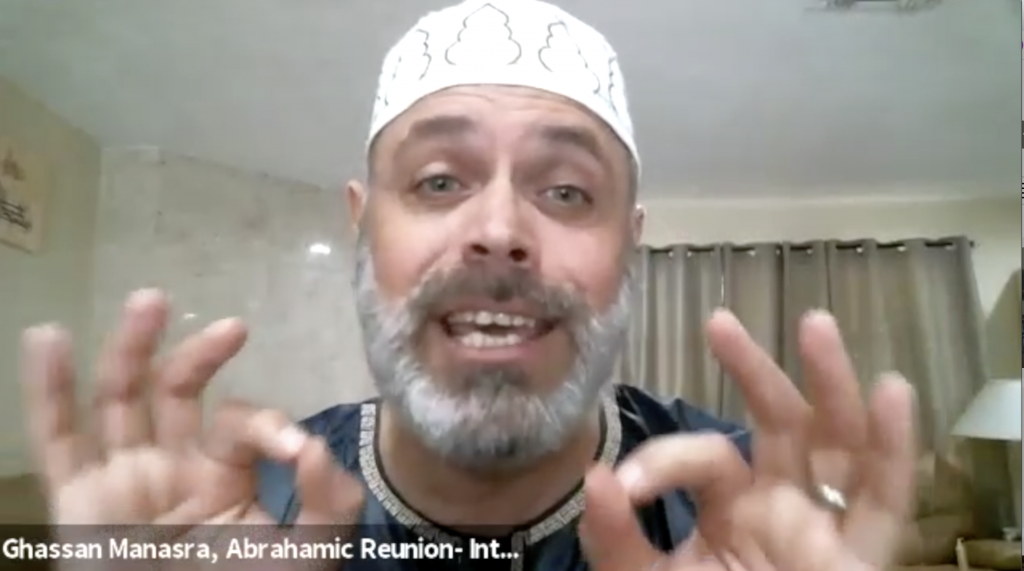
Sheikh Ghassan Manasra, AR International Director, welcoming everyone said with his warm heart, “We are so happy to be together again, look at these flowers, this fragrance of all of you, I think I’m flying now, not on the earth, with the hearts of you all! We are so happy to be together here as one family, as one heart.”
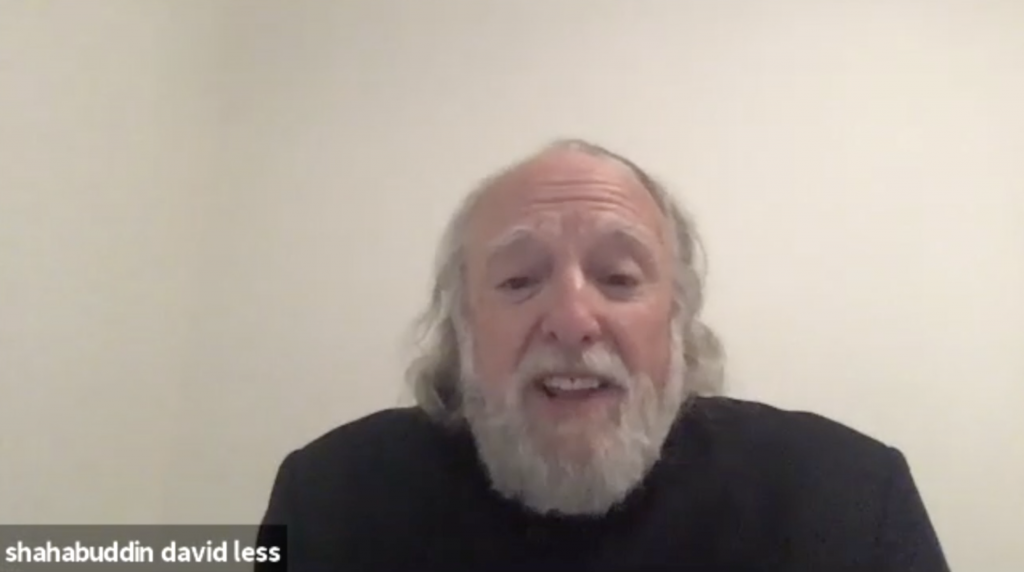
“What we’re celebrating is the basic truth that is in every religion, certainly in Judaism, Islam, Christianity, and the Druze faith, and the basic truth is until we really experience each other as our self, we aren’t really practicing religion. Until we want the very best for every other human being, we are not really being religious people, we’re not just here to make our life good, we’re here to make each other’s life good, and that’s our work,” said David Less.
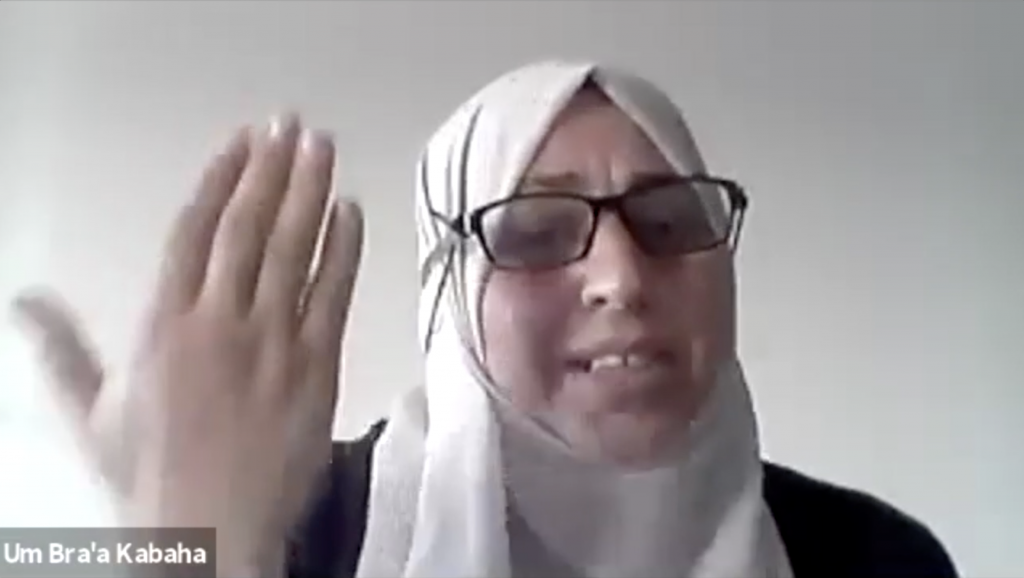
Sheikha Umm Bra’a Kabaha prayed, “God, please open the gate of connection with you, it’s very important to open the gate to be in connection and harmony with you.”
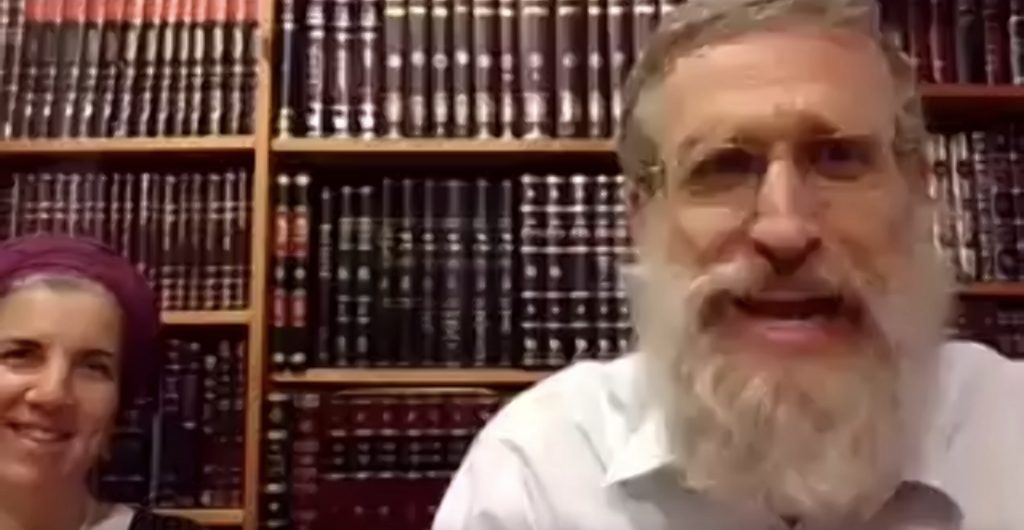
Rabbi Shlomo Dov Rosen opened with the words his father would always say whe they broke fast for Yom Kippur, that “It’s not how you fast, it’s how you break your fast,” and told a story from the Bal Shem Tov, both to illustrate that “What’s the point of fasting? The aim of the fast is that the person who come out of the fast is not the same person who went into the fast.” (To listen to Rabbi Shlomo telling the story of the horses’ journey, watch the video and go to 16:21.)
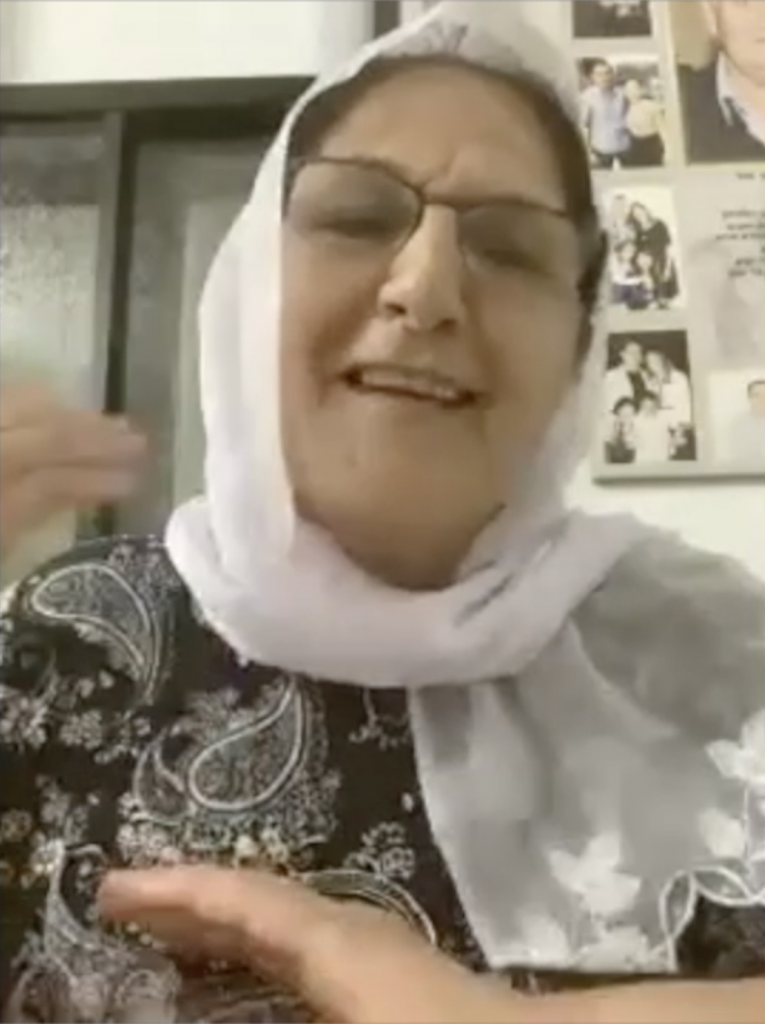
Siham Halabi was overjoyed to see everyone gathering, reminded everyone that Ramadan was revealed to “purify the souls and spirits.” She shared that “With 26 women as a group, we made our work to go to the poor Muslim families to give them some packages and some things to eat, and also to talk to them, to heal them from the internal side, and this is the real holiday of Ramadan for me, now I feel myself in the holy days.”
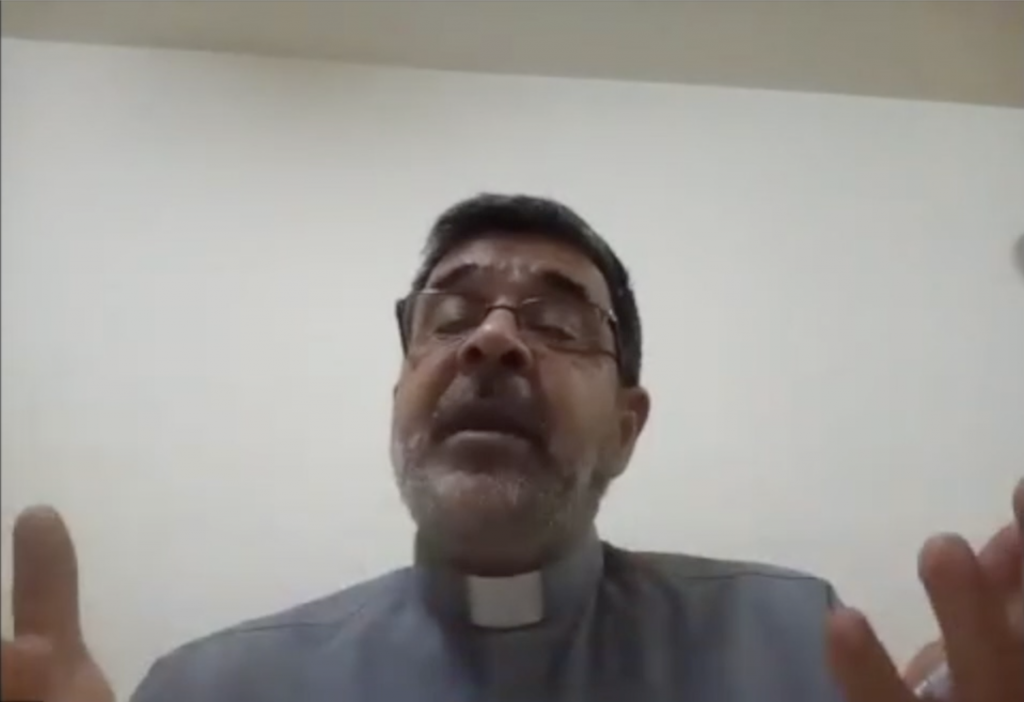
“Ramadan, as a Christian, means a lot for me,” Said Father Firas Diab, Catholic Priest in Zababdeh, Palestine, “It’s a month for the mercy of God, for all human beings, Ramadan means to me to continue to build bridges between all the human beings in Palestine, in Israel, and all over the world. As a Catholic priest, Ramadan opens doors for me to love the Muslims, my brothers and sisters.
“We were all born babies, created in the same image, the likeness of God. When I first discovered I was born a baby, the Muslim was born a baby, the Jew was born a baby, that discovery opened doors for me to love every human being, and my Christianity, my compatriot Jesus Christ, asks me to continue building bridges, not walls,” said Fr. Firas.
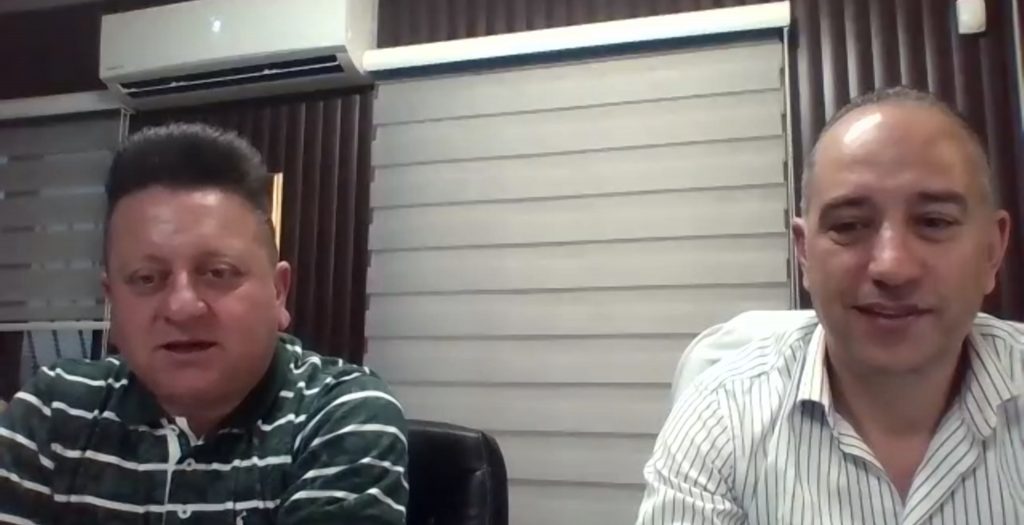
Dr Jacob Cohen and Ihab al-Sameri called from the Samaritan community on Mt. Grizim, in Palestine. Dr. Cohen said that, “my father is the High Priest of Samaritans, the first day of Ramadan the first thing he does it take a package of food and give it to a Muslim family, to sit with them, we are one family.” Ehab and Jacob both invited everyone to Mt Grizim for Ramadan in 2021!
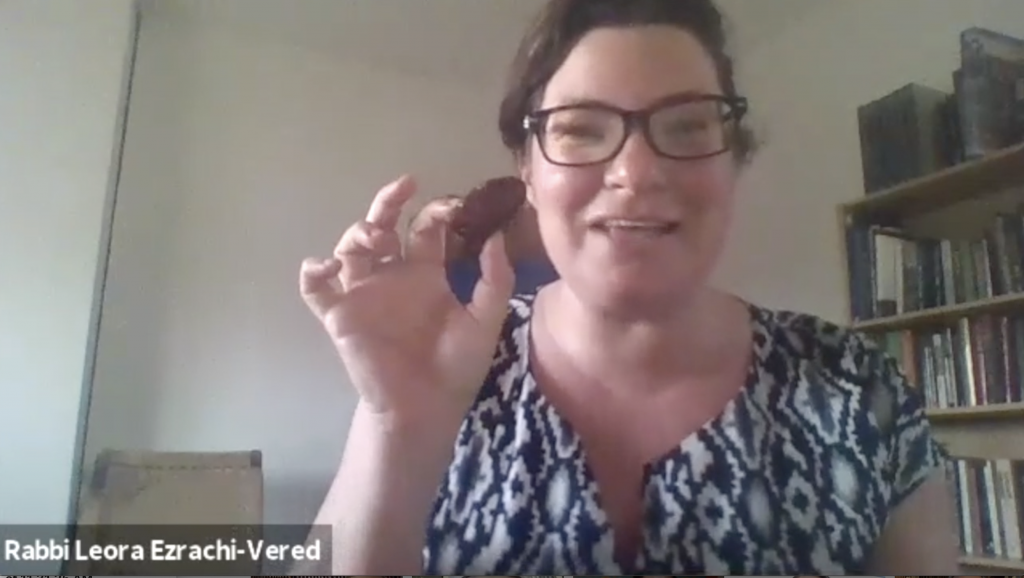
Rabbi Leora Ezrachi-Vered from Nigun Halev decided to, “Say something about the humble tamar, the date, it’s a wonderful symbol in Judaism, and I though the date could bring us together,” in an homage to the first food many Muslims eat when breaking fast in Ramadan. She said it is one of the seven holy plant species of Israel, a temple food, a symbol for Torah and studying, of Yitzhak, a comfort offering shade in the heat, and justice. “Next year on Yom Kippur I’m going to make sure I have some dates to break my fast!
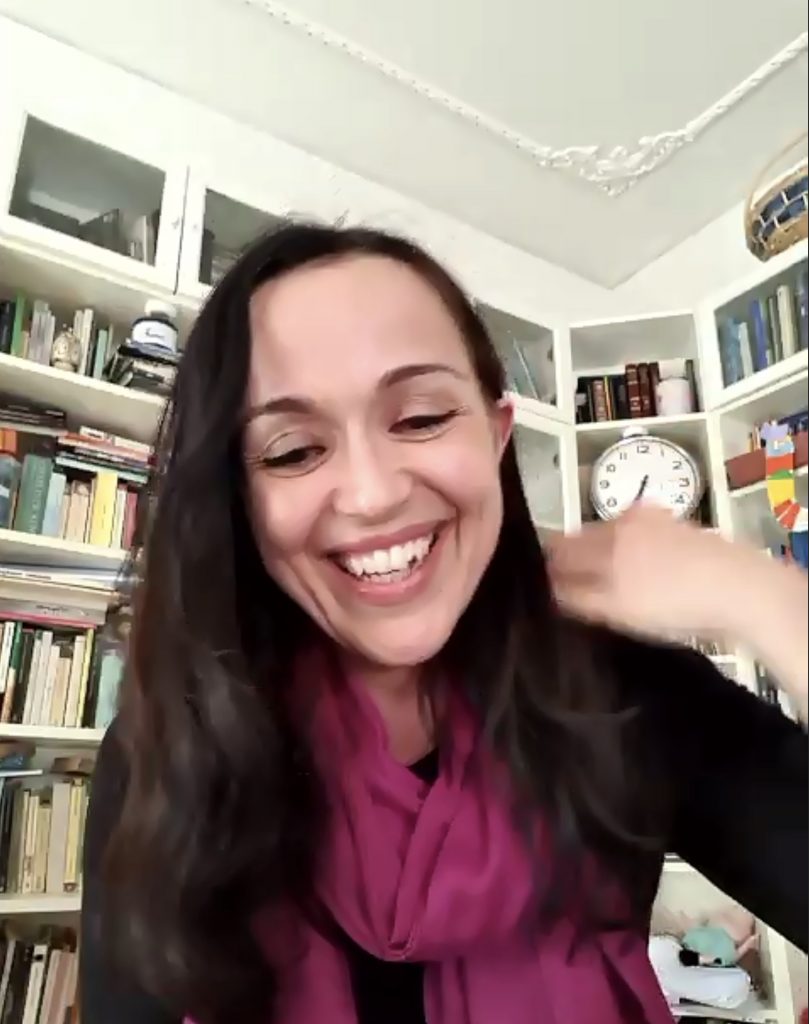
“Peace and love starts from our homes, they start from our neighborhood, and it is made of taking care of each other,” said Francesca Scalinci, from Italy, who shared a beautiful love story about a Muslim husband and Christian wife living in Togo, Africa, who fell in love and looked after each other all their lives while supporting each other.
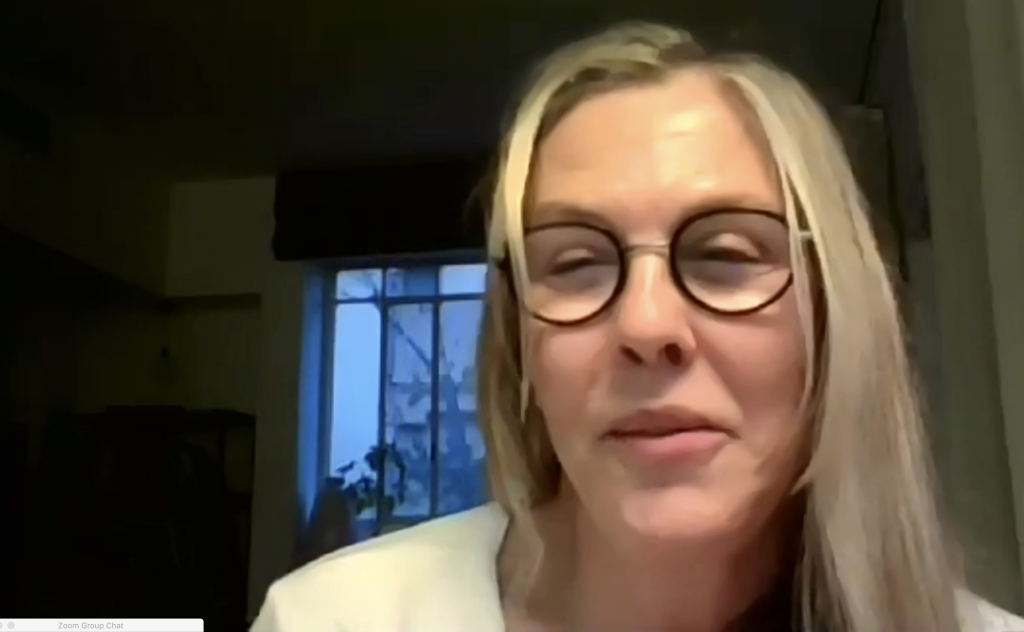
Anat Lev Or of Tel Aviv spoke saying, “To see people from all over the world here that like to see each other, that like to meet each other, for me it’s really exciting, because I believe that the peace will come from us, we are the citizens of the world and this is our job!
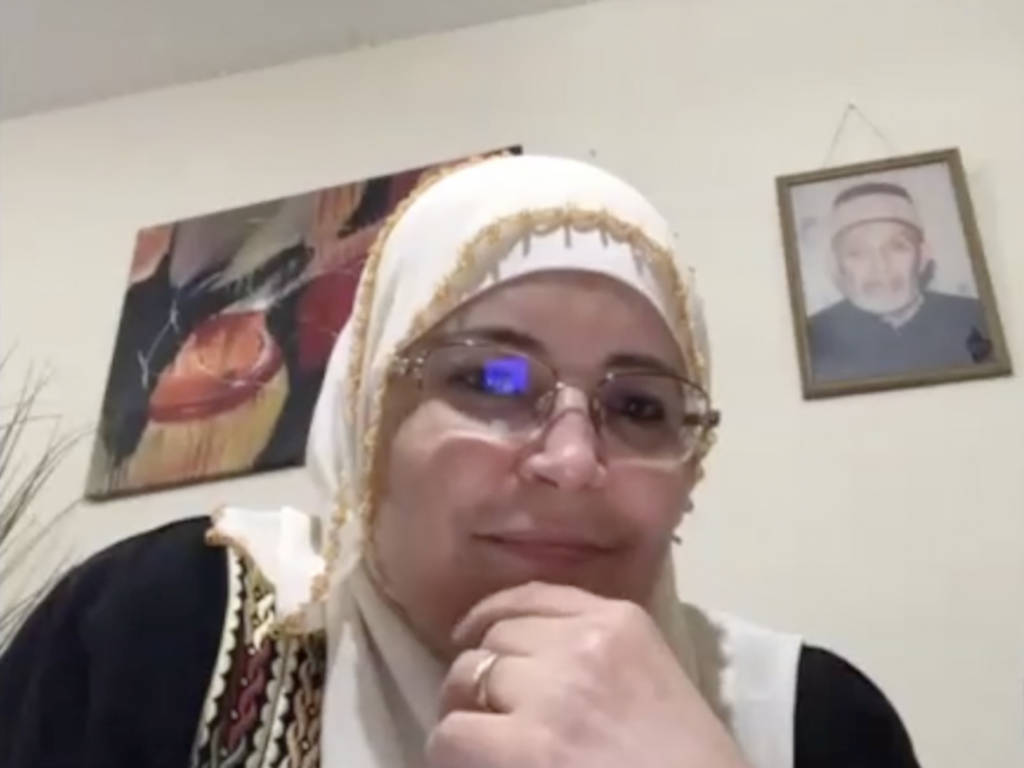
The last speaker was Sheikha Laila Manasra, who said that “Each meeting of love and connection and knowledge is so great because the human being is the essence of knowledge in this universe, if you need to know, to study, to learn, meet your sister or brother, then you will know, don’t go away, because the treasure is within you, just knock on the door of that treasure.” She asked that God, “clear all of the darkness around us.. and to spread the fragrance of the flowers of faith in our hearts.
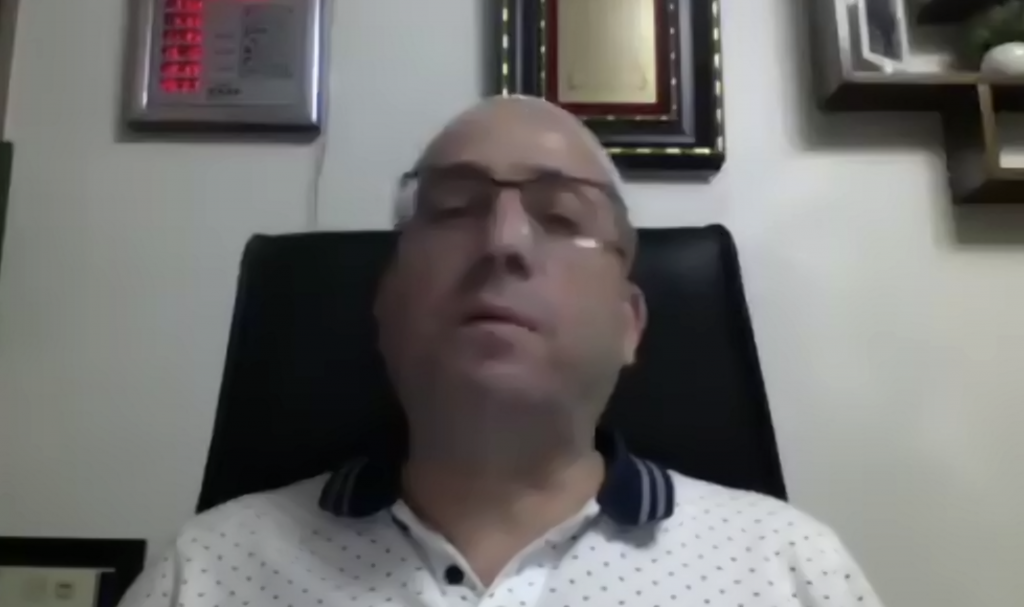
When all the speakers had finished, Sheikh Khalid Abu Ras from Ilut sang the Adhan (Call to Prayer), and everyone raised their dates to the screen together in celebration of the Iftar.
Chef Salim from Jericho prepared Maqlubeh, traditional Palestinian upside-down rice cuisine, and shared it with the group, and in closing everyone unmuted around the world to say, “Ramadan Karim!” “Salaam Alaykum!” “Shalom Aleichem!” “Peace!”

